Without any typical signs of a heart attack, 44-year-old Phuc was surprised to receive a diagnosis of complete blockage of two major blood vessels supplying his heart.
Mr. Phuc (residing in District 3, Ho Chi Minh City) was at a Chinese airport waiting to return to Vietnam when he experienced a dull, sharp pain in his chest that lasted for 15 minutes and then subsided.
After resting for a while, his health stabilized, and he experienced no further unusual symptoms. He felt reassured and boarded his plane back home. As soon as the plane landed, Mr. Phuc went straight to the hospital for a check-up.
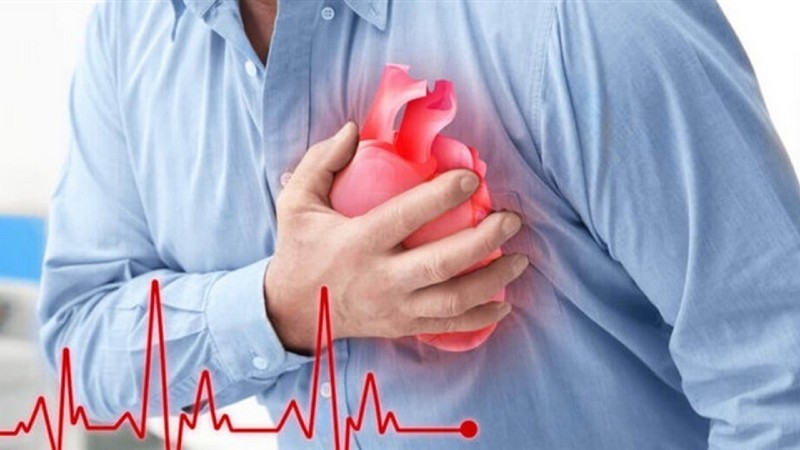 |
| Without any typical signs of a heart attack, 44-year-old Phuc was surprised to receive a diagnosis of complete blockage of two major blood vessels supplying his heart. |
According to doctors at the hospital where Mr. Phuc was examined, the patient arrived in completely good health, with no chest pain or shortness of breath.
Mr. Phuc shared that he doesn't smoke but has a history of diabetes and a sedentary lifestyle. He has never been screened for cardiovascular disease because he believed he didn't have heart problems.
The doctor ordered an echocardiogram for Mr. Phuc, and the results showed no abnormalities. The electrocardiogram did not reveal any clear signs of myocardial infarction.
However, the elevated cardiac enzyme levels, coupled with the appropriate clinical context, led the doctor to conclude that this was an occult myocardial infarction, causing partial myocardial necrosis.
"I was very surprised to be diagnosed with a heart attack because I had almost no characteristic symptoms. If I hadn't gone for a check-up, the condition could have progressed to a serious stage, causing acute heart failure, arrhythmias, and sudden death," Mr. Phuc shared.
The patient was promptly given coronary angiography to determine the cause of the myocardial infarction, which revealed complete blockage of the two main blood vessels supplying the heart—the anterior interventricular artery and the circumflex artery.
In Vietnam, approximately 200,000 people die from cardiovascular diseases each year, accounting for 33% of all deaths. This rate is double the number of deaths from cancer, and it remains the leading cause of death today.
Myocardial infarction (MI), commonly known as a "heart attack," is a dangerous acute cardiovascular event that occurs when one or more branches of the coronary arteries become blocked, reducing or completely stopping blood flow to a portion of the heart muscle, causing sudden myocardial ischemia and necrosis of the ischemic area.
The narrowing of coronary arteries is caused by the deposition of cholesterol in the blood, damaging the lining of the artery walls and leading to chronic inflammation. The body then produces inflammatory responses, attracting a large number of platelets and immune cells to repair the damage.
Over time, these cells bind with calcium and cholesterol to form atherosclerotic plaques on the walls of blood vessels. When these plaques break off, they damage the arteries and form blood clots, obstructing blood flow. They can even lead to localized blockages, causing myocardial infarction (heart attack).
The disease often occurs suddenly, progresses rapidly, and has a poor prognosis if not detected and treated promptly.
Many patients exhibit typical symptoms of a heart attack, such as angina, chest tightness, fatigue, shortness of breath, dizziness, and fainting.
However, there are also cases where the disease does not present with specific signs of myocardial infarction, leading to delays in timely diagnosis and treatment.
Depending on the degree of imbalance in the myocardial oxygen supply-demand balance, as well as the individual patient's constitution, the symptoms of myocardial infarction can vary significantly.
According to doctors, two of the risk factors for silent heart attacks in young people include smoking, being overweight or obese, lack of exercise, high blood pressure, high cholesterol, and diabetes.
Although it may not present with typical symptoms, a silent heart attack can cause symptoms such as extreme fatigue similar to the flu, muscle pain in the chest or upper back, pain in the jaw and arms, and indigestion.
To prevent myocardial infarction, regular cardiovascular screening and examinations are crucial. Adhering to a healthy lifestyle (not smoking, exercising regularly, eating heart-healthy foods, managing underlying medical conditions, etc.) also helps minimize the risk of developing this disease.
Furthermore, providing proper first aid to patients with myocardial infarction, quickly transporting them to the hospital, or activating the pre-hospital emergency system are the "golden keys" to saving the patient's life and preventing dangerous complications.
Initial management is crucial for patients with myocardial infarction; therefore, upon detecting an acute myocardial infarction, it is necessary to quickly contact emergency services and simultaneously perform first aid for myocardial infarction on the spot.
First, keep the patient in a sitting or lying position, loosen their clothing and belt, avoid crowding around the patient, and ensure there is ample space around the patient to facilitate blood circulation.
Call emergency services (115) immediately. If you cannot wait for the nearest hospital's ambulance to assist, proactively hire a taxi or transport the patient yourself to the nearest hospital or medical facility.
Have the patient chew/swallow an aspirin tablet while waiting for the ambulance, if the doctor allows it. Aspirin helps prevent blood clots and reduces damage to the heart. Note that aspirin should not be used for patients who are allergic to any of its components.
If the patient is unconscious and no longer breathing, perform chest compressions (CPR) as soon as possible, because every minute of delay can reduce the patient's chances of survival by 10%.
Patients may experience increased anxiety and nervousness (restlessness), rapid heartbeat (a common symptom of myocardial infarction), loss of consciousness, sudden drop in blood pressure, and fainting.
Source: https://baodautu.vn/phat-hien-nhoi-mau-co-tim-voi-chi-con-dau-nhoi-o-nguc-d218313.html



![[Image] Leaked images ahead of the 2025 Community Action Awards gala.](/_next/image?url=https%3A%2F%2Fvphoto.vietnam.vn%2Fthumb%2F1200x675%2Fvietnam%2Fresource%2FIMAGE%2F2025%2F12%2F16%2F1765882828720_ndo_br_thiet-ke-chua-co-ten-45-png.webp&w=3840&q=75)
![[Photo] Prime Minister Pham Minh Chinh receives Lao Minister of Education and Sports Thongsalith Mangnormek](/_next/image?url=https%3A%2F%2Fvphoto.vietnam.vn%2Fthumb%2F1200x675%2Fvietnam%2Fresource%2FIMAGE%2F2025%2F12%2F16%2F1765876834721_dsc-7519-jpg.webp&w=3840&q=75)
![[Live] 2025 Community Action Awards Gala](/_next/image?url=https%3A%2F%2Fvphoto.vietnam.vn%2Fthumb%2F1200x675%2Fvietnam%2Fresource%2FIMAGE%2F2025%2F12%2F16%2F1765899631650_ndo_tr_z7334013144784-9f9fe10a6d63584c85aff40f2957c250-jpg.webp&w=3840&q=75)
![[Photo] Prime Minister Pham Minh Chinh receives the Governor of Tochigi Province (Japan)](/_next/image?url=https%3A%2F%2Fvphoto.vietnam.vn%2Fthumb%2F1200x675%2Fvietnam%2Fresource%2FIMAGE%2F2025%2F12%2F16%2F1765892133176_dsc-8082-6425-jpg.webp&w=3840&q=75)






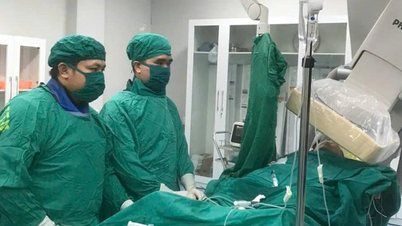

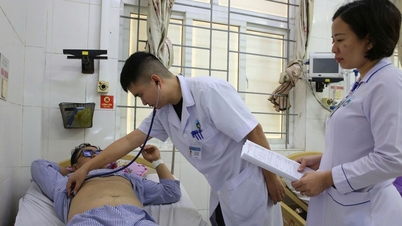
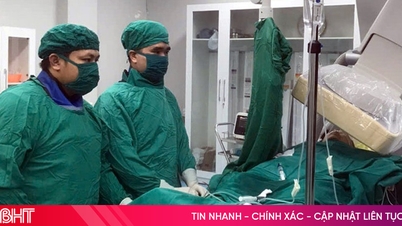

















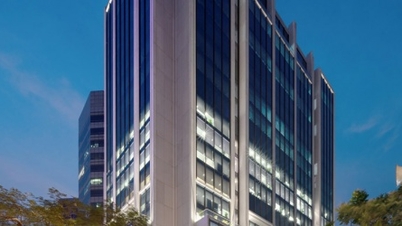











































































Comment (0)